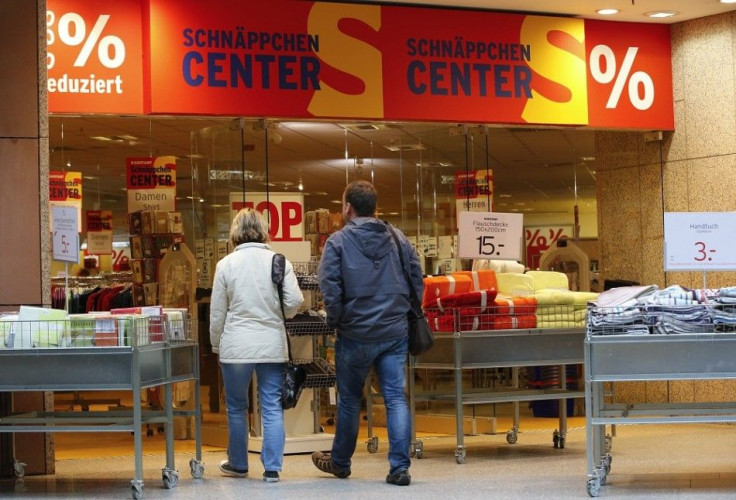Australian Stock Market Report – Morning December 1, 2014

* In European economic data, German retail sales rose by 1.9% in real terms in October, above forecasts for a 1.7% gain and compares with the 2.8% fall in September sales.
* European shares were largely flat on Friday with gains in the airlines sector offset by falls by energy companies. The FTSEurofirst 300 index was up less than 0.1%, the German Dax lifted for the 12th straight day, up by 0.1%, while the UK FTSE fell by less than 1 point and therefore less than 0.1%. In London trade shares in BHP Billiton fell by 3.2% while Rio Tinto lost 0.6%.
* US sharemarkets ended Friday's shortened trading session largely mixed. As was the case in Europe the slump in the oil price drove trading with energy stocks and oil services companies falling while airlines soared. At the close of trade, the Dow Jones was up by 0.5 points or less than 0.1%. The S&P 500 index fell by 0.3% while the Nasdaq lifted 4.3 points or 0.1%. For the week, the Dow rose 0.1%, the S&P rose 0.2% and the Nasdaq rose 1.7%. For November, the Dow rose 2.5%, the S&P lifted 2.5% and the Nasdaq gained 3.5%.
* US treasuries rose on Friday (yields lower) with the sharp fall in the oil price sparking deflationary concerns. US 2 year yields fell by 4 points to 0.476% while US 10 year yields fell by 8 points to 2.173%. Over the week US 2 year yields fell by 3 points while US 10 year yields fell by 14 points.
* Major currencies were mixed against the greenback in European and US trade on Friday. The Euro held between US$1.2425 and US$1.2490 and was around US$1.2455 in late US trade. The Aussie dollar rose from lows near US84.85c to around US85.35c and was around US85.00c in late US trade. And the Japanese yen weakened from 118.06 yen per US dollar to JPY118.76 and was near JPY118.61 in late US trade.
* World oil prices slumped on Friday as OPEC oil nations decided against any change in production quotas. Brent crude fell by US$2.43 or 3.3% to US$70.15 a barrel. The US Nymex crude price fell by US$7.54 or 10.2% to US$66.15 a barrel in the first full official trading session after the OPEC decision. Over the week Brent crude fell by US$10.21 or 12.7% while Nymex slumped by US$10.36 or 13.5%.
* Base metal prices fell by up to 3.1% on the London Metal Exchange on Friday. Copper led the declines but the tin price was flat. Over the week base metals slumped by between 1.6-5.5% with copper leading the declines. Gold fell on Friday with Comex gold futures down by US$21.40 an ounce or 1.8% to US$1,175.20 per ounce. Over the week gold fell by US$22.30 or 1.9%. The spot gold price is US$1,167 this morning after a Swiss referendum to increase gold holdings was rejected. Iron ore rose by US10c to US$69.80 a tonne on Friday and was unchanged over the week.
Ahead: In Australia, the RP-Data/CoreLogic Home Value index is released with the TD Securities inflation gauge, the Performance of Manufacturing index and the ABS Business Indicators publication. In the US, the ISM manufacturing index is released.
[Kick off your trading day with our newsletter]
More from IBT Markets:
Follow us on Facebook
Follow us on Twitter
Subscribe to get this delivered to your inbox daily





















